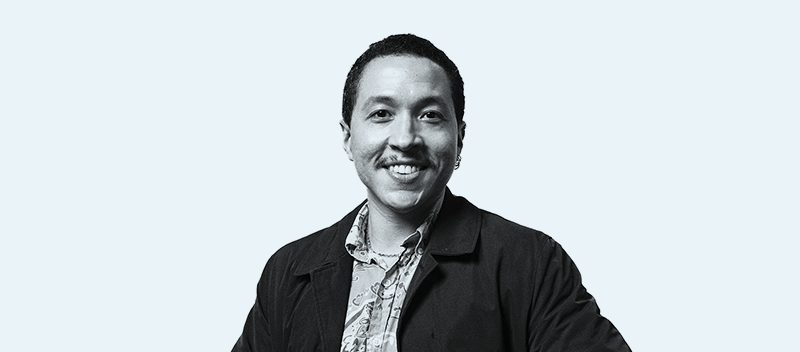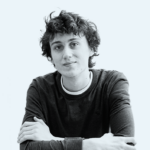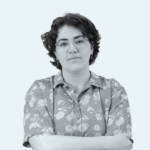Last week, I participated in a workshop to diagnose in a reflective manner what is going wrong and right with the way the PhD programme is structured and executed at our university.
The workshop was conceived as a response to the results from the WUR promovendi monitor, which determined that 43 per cent of the PhD candidates are delayed by three to nine months in their timelines. Moreover, the monitor results indicated that almost half of the PhD candidates experience ‘too high a workload’. Finally, a quarter of the PhDs reported undesirable behaviour from supervisors and other colleagues.
The experiences regarding a PhD program were rather heterogeneous and case-dependent, but this question generated an interesting debate: Should a PhD programme take four years from the beginning to the completion? For many of the participants, four years seemed reasonable to get things done; others pointed out that in other countries, PhD programmes take three or five years.
Those circumstances include salaries and the difference in payment between scholarship and appointed PhD students
I then raised the issue that there are circumstances that can affect meeting the four year deadline. These include the salaries and the difference in payment between scholarship and appointed PhD students, as well as the PhD student’s familiarity with the subject, the quality of the group and that of the supervisors. Due to unfair power relations, the supervisor’s expectations may be higher than the programme’s requirements for the PhD student.
An important percentage of the academic progress and development in any higher education institution is due to PhD candidates. Hence, a workshop like this pertains to the obligatory domain of priorities in every academic institution.
Troubleshooting is indeed the first step to understanding what needs to be improved for researchers, students and staff. After the troubleshooting, we know what has been done right or wrong. Thereafter, dedicated actions should be taken by academics and institutional directives to ensure the perpetuity of the right and the transmutation of the wrong.
Willy Contreras-Avilés (34) is a second-year PhD candidate in Horticulture and Biochemistry of medicinal cannabis, from Panama. He likes to dance (perrear), cook Italian food, and swim.

 Foto Guy Ackermans
Foto Guy Ackermans 

